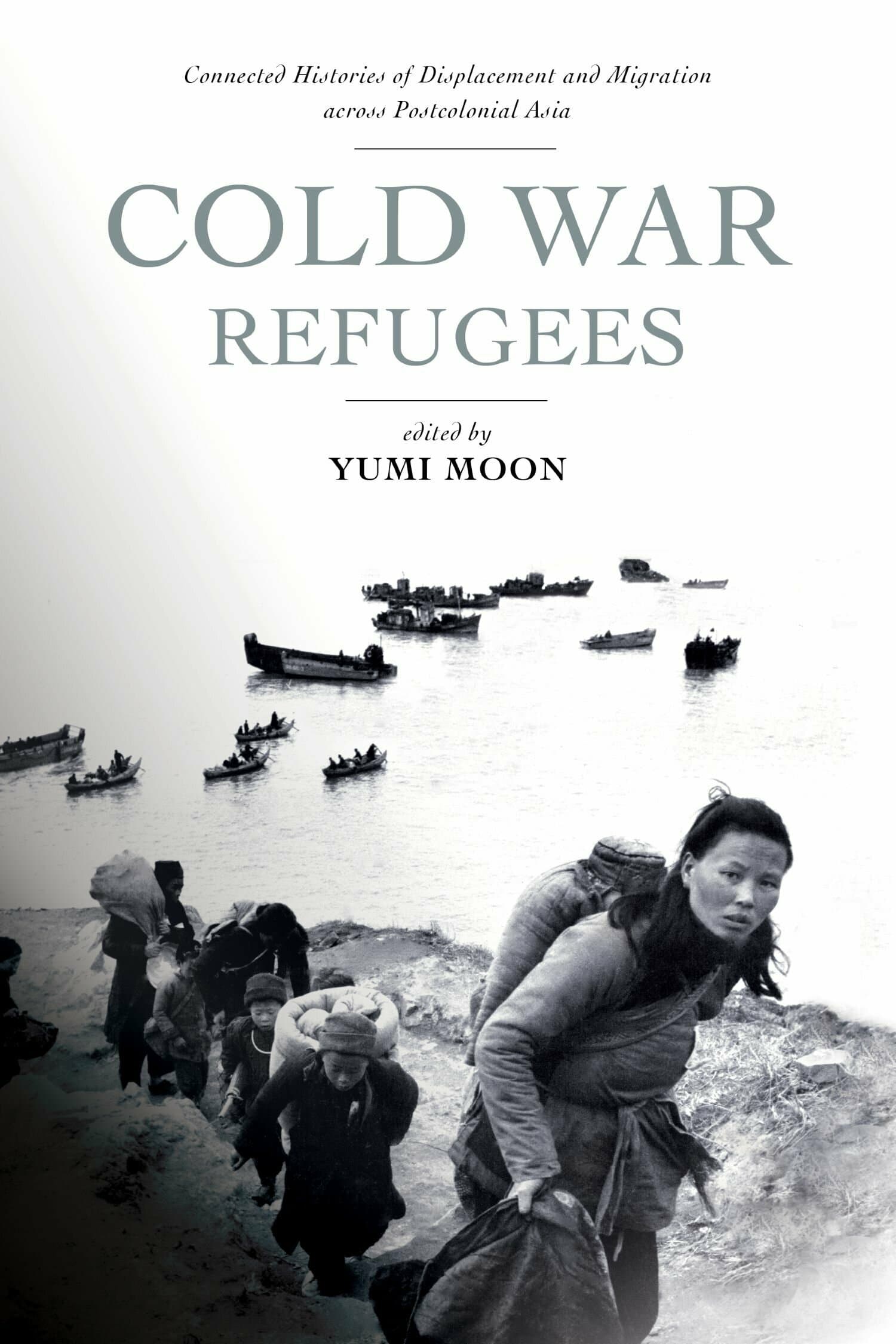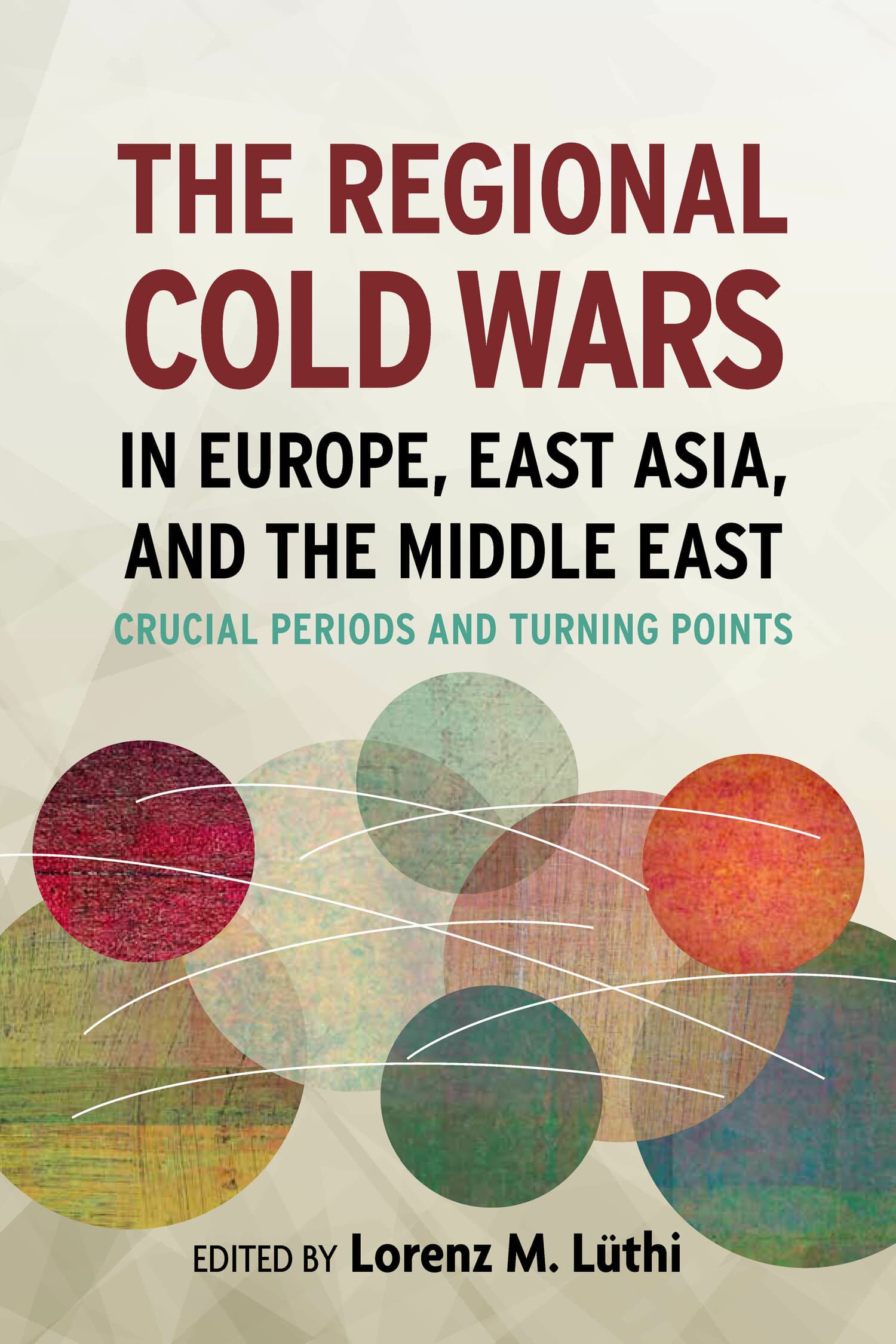Cold War Refugees

Scenes of refugees fleeing Communist countries have created iconic images of the Cold War in Asia. Despite their symbolic prominence, the experiences and trajectories of these refugees have remained relatively obscure in Cold War history and global refugee studies. Featuring contributions from Phi-Vân Nguyen, Dominic Meng-Hsuan Yang, Yumi Moon, Ijlal Muzaffar, Robert D. Crews, Sabauon Nasseri, and Aishwary Kumar, Cold War Refugees meticulously investigates and connects cases across East, Southeast, and South Asia. Offering a transnational and transimperial perspective, this book illuminates the massive mobility of refugee populations across Asia and emphasizes the critical roles of artificial borders, displacement, and violence in shaping the global Cold War.
Drawing from multilingual archival sources, the authors explore the local, regional, and global contexts of displacement through five cases: Taiwan, Vietnam, Korea, Afghanistan, and Pakistan. They examine the agendas, identities, and cultures of the refugees who left their homes due to revolutions or wars amid the conflict between the US and the USSR, presenting them as historical actors rather than mere subjects of legal, governmental, or humanitarian discourse. By revisiting key Cold War events in Asia, the book provides a critical revision of Cold War history through the lens of refugee experiences and agency.
—Arne Westad, Professor of History, Yale University
"A fine example of critical refugee studies, this groundbreaking volume retells Cold War histories in postcolonial Asia from the vantage point of refugees escaping Communist countries. In foregrounding refugees' own narratives, the authors reconceptualize Cold War refugees as complex historical actors who pursue multifaceted strategies and ideologies to navigate thechallenging circumstances of their displacement and resettlement. Highly recommended!"
—Yen Lê Espiritu, Distinguished Professor, University of California, San Diego




